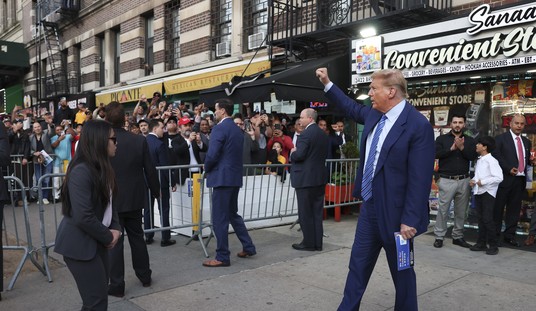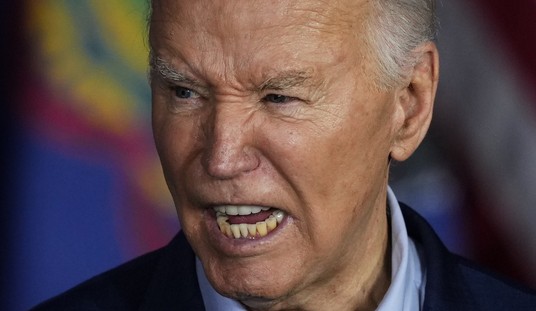Paths of Glory was of course, the brilliant 1957 film that rightly put director Stanley Kubrick on the map. It was based on a 1935 novel by Humphrey Cobb, which took its title from a poem by Thomas Gray that concluded “The paths of glory lead but to the grave.” Kubrick and his co-writers Jim Thompson, and Calder Willingham had crafted a script that enticed both United Artists to put up the money to produce it and Kirk Douglas to star in the film. (Douglas would invite Kubrick to direct his next production, and he was then on his way to directorial superstardom).
As Wikipedia notes, the plot of the film (SPOILER ALERT!) is an updating of the Roman concept of decimation:
Paths of Glory is based loosely on the true story of four French soldiers during World War I, under General Géraud Réveilhac, executed for mutiny in Souain, France; their families sued, and while the executions were ruled unfair, two of the families received one franc each, while the others received nothing. The novel is about the French execution of innocent men to strengthen others’ resolve to fight. The French Army did carry out military executions for cowardice, as did all the other major participants. However, a significant point in the film is the practice of selecting individuals at random and executing them as a punishment for the sins of the whole group. This is similar to the Roman practice of decimation, which was rarely used by the French Army in World War I.
America’s politics is much more bloodless sport in practice, but decimation is still employed — or at least discussed — from time to time, as Seth Mandel writes at Commentary, in a post titled, “Hunt One Head and Hunt It Famously.”
Jodi Kantor’s new book, The Obamas has already made Obama’s 2009 Alice In Wonderland party a headache for an already elitist president. Mandel quotes another incident from the book, during which, as Mandel writes, “the president realizes his campaign promises on Guantanamo and detainee policy were foolhardy now that he has all the information.” Hoping to tamp down criticism (a recurring theme for Obama and his most loyal acolytes from even before he took office), Obama invited several law professors and civil liberties activists to discuss his policies on what, in less enlightened times was called the War on Terror. Mandel quotes this portion of Kantor’s book:
But Obama didn’t pull his punches. “When I was a senator running for office, I talked very firmly about what I thought was right based on the information I had,” Vince Warren, of the Center for Constitutional Rights, recalled the president saying. “Now I’m the president of all the people, and the decisions I make have to be from that perspective based on the information I now have.” His face emotionless, he told his guests that he was considering an indefinite detention policy, allowing authorities to hold certain suspects without charges. It was an “Oh my God moment,” one guest said later.
As Mandel writes, “the worst moment of the meeting took place at its conclusion:”
ACLU Executive Director Anthony Romero repeated his plea for Obama to prosecute Bush officials. Romero said: “Hunt one head and hunt it famously and bring it down to ensure we don’t make the same mistakes again.”
Obama, to his great credit, told Romero he was alone on that ledge and dismissed the meeting.
“Hunt one head and hunt it famously and bring it down” – no matter if he’s innocent or guilty, as long as there’s a show trial first. That sounds ominously like this moment from only a couple of years prior, involving another key group of Obama supporters – who had dubbed themselves Obama’s “Non-Official Campaign” on their listserv, which they called the “Journolist:”
I do not endorse a Popular Front, nor do I think you need to. It’s not necessary to jump to Wright-qua-Wright’s defense. What is necessary is to raise the cost on the right of going after the left. In other words, find a rightwinger’s [sic] and smash it through a plate-glass window. Take a snapshot of the bleeding mess and send it out in a Christmas card to let the right know that it needs to live in a state of constant fear. Obviously I mean this rhetorically.
And I think this threads the needle. If the right forces us all to either defend Wright or tear him down, no matter what we choose, we lose the game they’ve put upon us. Instead, take one of them — Fred Barnes, Karl Rove, who cares — and call them racists. Ask: why do they have such a deep-seated problem with a black politician who unites the country? What lurks behind those problems? This makes *them* sputter with rage, which in turn leads to overreaction and self-destruction.
The “Who Cares” line is a nice touch, adding this to the randomness of the character destruction. It’s also reminiscent of another famous left-wing screed de coeur from only a few years prior.
All of which is just a reminder that for the left, political bloodsport is often just business, nothing personal. But then, that’s long been the history of decimation.









Join the conversation as a VIP Member